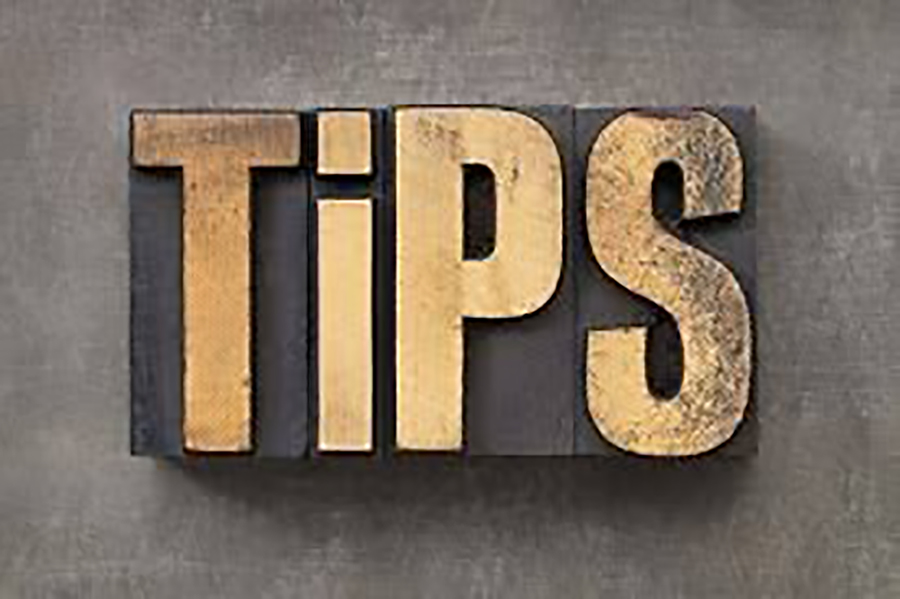As a creative person, I have a very, very hard time relinquishing control of a project. I don’t need help, I need to protect it from harm at all costs, and no one can do exactly what I have in my head but me, so them touching it is harm. I can love my creative friends and I can love the work they do, but passing them my work is a huge challenge.
Until someone called it out and asked me why I didn’t trust them.
Of course I said I did trust them, and I proceeded to list all the great things I love about them. They listened, smiled, and said, “That may be, but you don’t trust me with this project. Why?”
I couldn’t answer. Thinking about every tiny detail and every step involved, they were as capable as I was, and in some cases better. I didn’t think about it as a trust issue, but that’s exactly what it was.
Trust issues are common. Without spiraling into a tangent, it’s safe to say that every adult has at some point had their trust damaged by someone who didn’t deserve to be trusted in the first place, and it’s a question of how much we choose to let that impact the rest of our lives. Maybe it’s a good thing to reign it in if you are the sort who gets into unmarked vans to help look for lost puppies, but for the most part, we have to get over it and learn to trust again.
No one is an island. It takes a village. Everyone seeks their tribe. There are dozens of ways to say that we are social creatures who need each other. Very few people are interested in wandering off into the wilderness alone and never seeing another human again, and I would argue that those who do probably have trust issues.
When we’re just starting out, we do the whole project from start to finish because we run with a crew of three—me, myself and I. If you stay there, you can continue to do the whole project yourself, but growing is a good thing, and there will be a point when you can’t do it all. Maybe you assign whole projects rather than parts so you can still remain in control, but the truth is that you are not the best at everything—no one is—and you choosing to work on the parts you know you’re not so good at only means the outcome won’t be the best it can be. You have to specialize and delegate so that the best person for the task is assigned to the task, and that takes trust.
The news chatters on and on about bad things and rarely bothers to list many good things to balance it, but a whole lot more good things happen than bad. High crime areas may have a 1 in 10,000 violent crime rate, but even in those neighborhoods you have 9,999 chances out of 10,000 to have a perfectly uneventful day that never makes the news. Most people are pretty much like you—they aren’t trying to cheat you any more than you’re trying to cheat them, and they’re just as worried about what you have up your sleeve as you are about theirs. The bad seeds make up a very small percentage of the world, they just get all the press.
Trust is one of those things you have to give before it’s earned. If you wait until you know you can trust someone to give them anything valuable to do, then they never have the opportunity to prove to you that you can trust them. You have to just do it. If this is someone you work with, not some stranger in a back alley, you not only can and should trust them, you owe it to them. They can’t do their job without you either.

